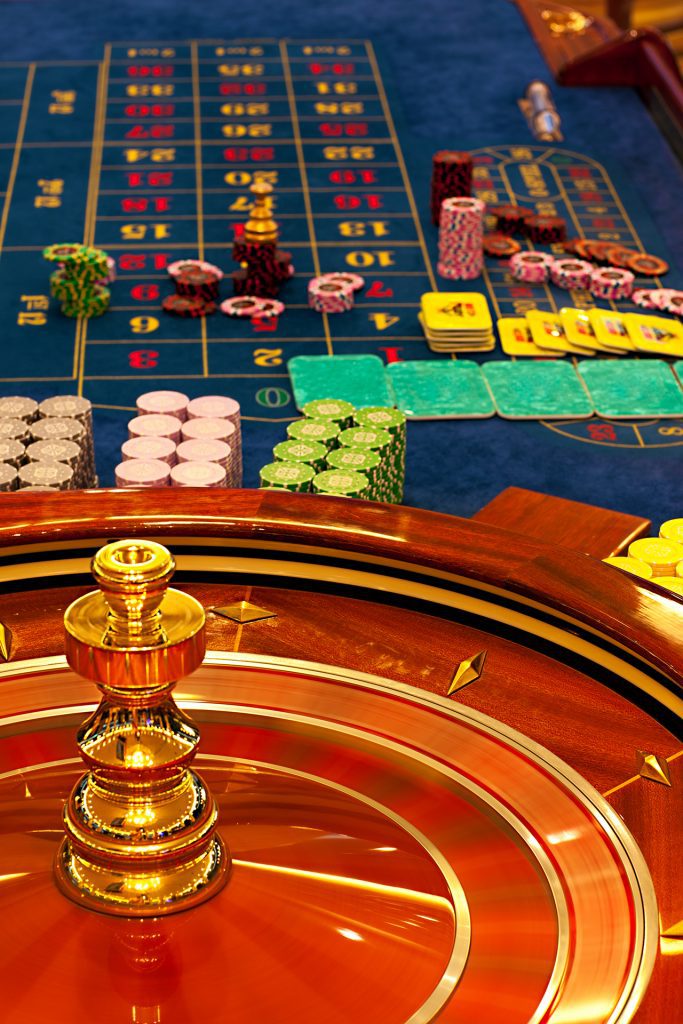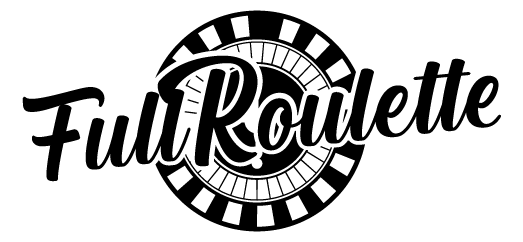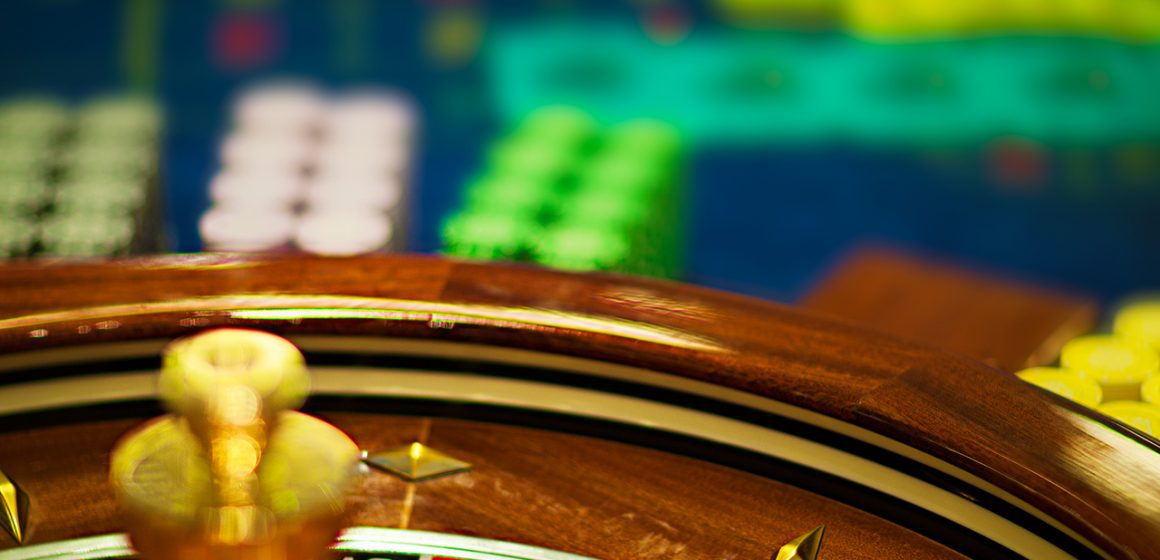Despite the game’s random nature and dependence on chance, some roulette players have superstitions about certain values hitting more frequently than others. They often wonder, “What number hits the most in roulette?”
This is a sort of “million-dollar question” among a section of roulette lovers, whether they’re casual casino-goers or seasoned players with years of experience under their belts. While there can hardly be an exact answer, a bit of logic and research can be utilized to determine a few values that tend to hit relatively more often than others.
This piece will attempt to do that. Keep in mind, however, that none of this is an exact science. The numbers that hit on a roulette wheel are completely random occurrences at the end of the day.
Making Use of Probability
A prominent mathematical and statistical concept, probability has countless applications in life. This includes the casino roulette table. By making some calculations, you can determine the likelihood (probability) of an event happening. In the case of roulette, you can utilize probability to figure out the chances of a particular number hitting after a spin.
The Roulette Wheel: How It Works
Depending on whether you’re playing the American or European version, there are a total of 37 or 38 values on a roulette wheel. If you’re trying to pinpoint the numbers that hit more, it shows that you’re at least thinking strategically about the game, which is good. However, at the same time, you’re also falling prey to the same superstitions that have taken over the minds of so many casino-goers.
The outcomes of a roulette wheel spin are random events that are independent of one another. Each of the values has as much chance of appearing on the next spin (or the following 5) as any other. Just because one value hasn’t appeared for a while doesn’t make it any more or less likely to emerge in upcoming spins.
The Inherent Randomness in Roulette Numbers
A display indicates the hot and cold values during any roulette game. This indicates the number of times a particular outcome has been witnessed in the preceding 1,000 spins or the last 24 hours. The timeframe or number of spins can be different, as they’re the discretion of a particular gambling facility.
Many players look at the screen and start betting on combinations that include the cold values. Because they haven’t come up at all recently, a hit on one of them is due, right?
WRONG!
As already mentioned, there’s no link between the outcome of one spin and the next or previous one. People make all sorts of assumptions and factor them into their bets. But, no trend or betting system can improve your ability to predict a roulette outcome correctly. Any successes you’re going to have will be totally random and down to pure luck.
In short, the hot and cold values on display are just an “indication” of the previous outcomes. Don’t try to use them as guides for your subsequent wagers. You can analyze a trend comprising of a million results, but that still won’t make you any more or less likely to win a bet.
The “Biased Wheel” Phenomenon
Perhaps the only way you can consistently predict the correct outcome of a roulette spin is by finding a wheel with a bias and then deducing its pattern. But, you’ll be up against it if you try this approach.
For starters, modern casino equipment is generally made of better quality materials than what was available in the past. It isn’t likely to depreciate or wear out as quickly as gambling toys back in the day. Besides, most reputable casinos are vigilant to equipment wear and tear, especially roulette wheels. Testing and quality checks are a regular occurrence, which means that finding a broken or faulty roulette wheel can be extremely rare.
If you do find a problematic roulette wheel, you would still have to keep track of thousands of results before making any calculations and figuring out a pattern. In fact, even this amount of data might not be enough. For accuracy, you would probably need about 100,000 outcomes.
If you do find a problematic roulette wheel, you would still have to keep track of thousands of results before making any calculations and figuring out a pattern. In fact, even this amount of data might not be enough. For accuracy, you would probably need about 100,000 outcomes.
The “Dealer Behavior” Phenomenon
Like the “biased wheel” approach to roulette, some players try to “exploit” a dealer’s behavior during a game. In their mind, the way a dealer spins the wheel or throws the ball can provide some idea about the outcome.
To be honest, anyone who does that is clutching at straws. It’s highly doubtful if a player can assess a dealer’s hand and arm motions along with the ball’s flight and its bounces sufficiently enough to figure out a reliable pattern of results. Those who claim to do so only add to the multiple myths associated with this popular casino game.
Lucky & Unlucky Roulette Numbers: Is That Really So?
The only reasonable answer to this question is that “it depends on how you perceive luck.” For some, it’s an omniscient force that rewards their good deeds and penalizes them for poor behavior. Others consider it a random occurrence based on chance. It can be understood from a mathematical standpoint, but there’s no way of applying it evenly or equitably.
Some players only bet on odd numbers, while others tend to do so on just even numbers. If you consider specific values luckier than others, by all means, go for them while playing. You would certainly get more enjoyment from a game of roulette this way. However, your chances of winning by betting on your “lucky” numbers won’t increase. The vice versa is also true for “unlucky” values.
Conclusion

You’re being strategic by thinking about the numbers that tend to hit more often. You might even figure out a pattern or two that you can incorporate into your wagers. Nevertheless, roulette remains a game of chance, and, irrespective of any patterns and systems you employ, there isn’t a way that would enable you to beat the house consistently.
For more exciting content about roulette, keep following this space on Full Roulette. Adios, till next time!


Leave a Reply